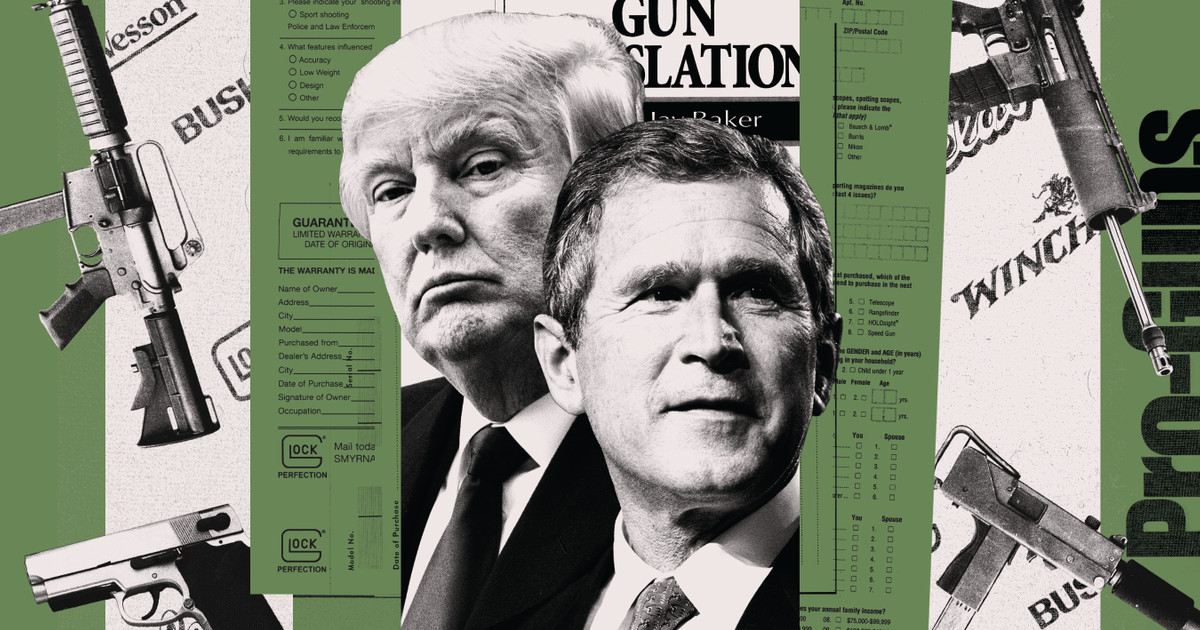- cross-posted to:
- politics@beehaw.org
- cross-posted to:
- politics@beehaw.org
Those operatives, in turn, secretly employed the details to rally firearm owners to elect pro-gun politicians running for Congress and the White House, a ProPublica investigation has found.
The clandestine sharing of gun buyers’ identities — without their knowledge and consent — marked a significant departure for an industry that has long prided itself on thwarting efforts to track who owns firearms in America.
At least 10 gun industry businesses, including Glock, Smith & Wesson, Remington, Marlin and Mossberg, handed over names, addresses and other private data to the gun industry’s chief lobbying group, the National Shooting Sports Foundation. The NSSF then entered the gun owners’ details into what would become a massive database.



Depending on the type of data and where you live, you can have some of its benefits.
There’s FERPA for student data.
Credit card companies require very strict controls over their data, and how charges are made and encrypted.
I’m Europe there is the GDPR, which grants a right to remove your data from a particular site, among other protections. Some US states have followed with lesser versions, like California, Colorado, and Virginia.
I don’t think you want HIPAA-level data protections over normal data, because it’s a passion in the ass to have that level of restrictiveness over mere ordinary data. It costs a lot to protect it - you’d need documented written permissions on every aspect of your data.
No, that is what I want. It should be a pain in the ass and expensive to hold. It should be a liability. Ok, fair, just for actual PII and not things like account settings specific to that business. But I do want it.
And GDPR-style deletions while we’re on the topic, I want that also.
If you were to have this, then there would be no social media. Probably no email, as both sides of the communication would not be allowed to forward it. You would not be able to communicate or post on forums.
It would take computing back to about 1990. The medical industry uses faxes for a reason. They are very secure point to point communication. That’s the sort of security you’re asking for, and it would cripple most communication.
faxes are only legally secure, not physically.
A fax is only as secure as the line it’s transmitted on (I think)
The medical industry uses computers, actually. Healthcare providers may send medical information over the internet. They need to have a business agreement with the entity they send it to and follow the other rules in HIPAA.